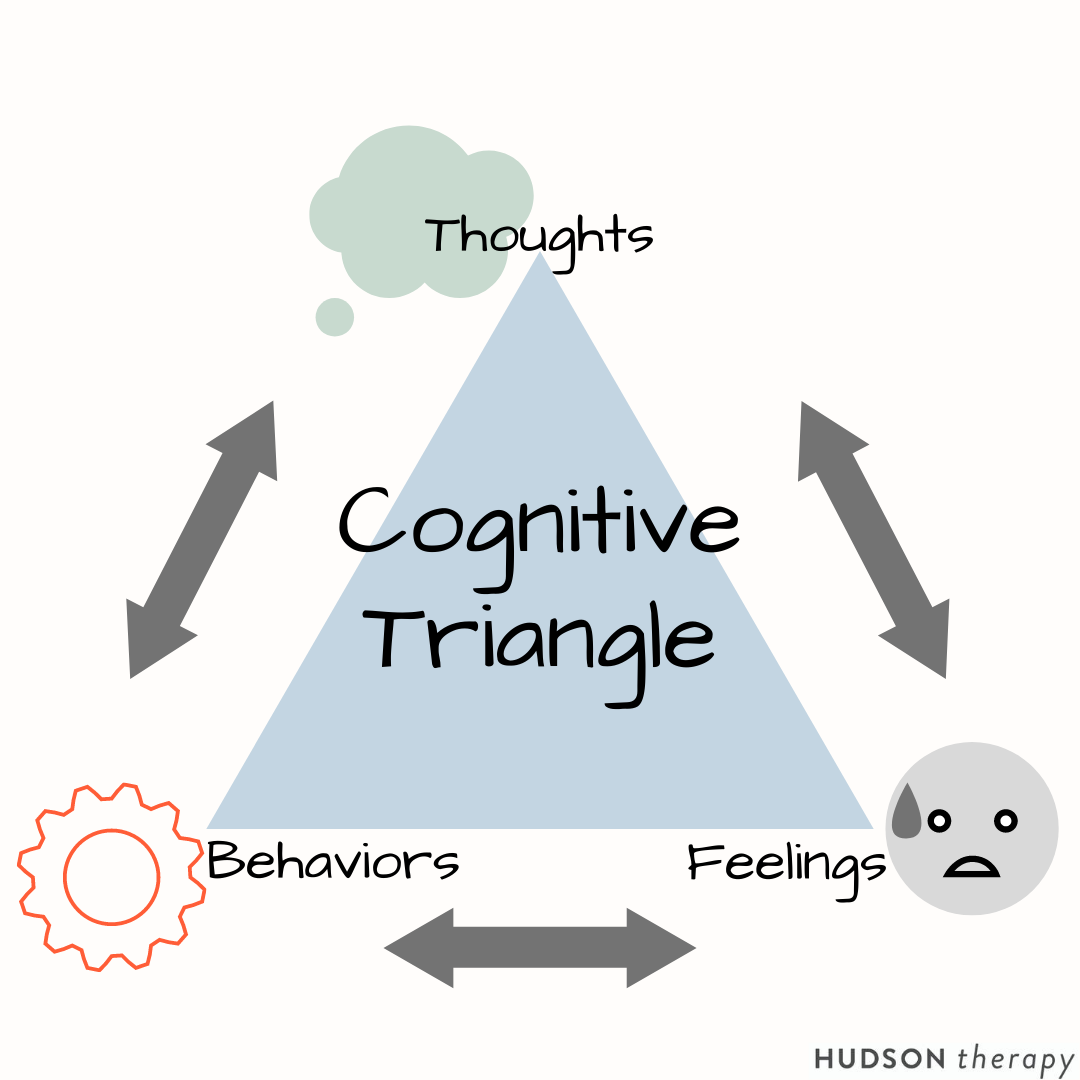Describe self-awareness in your own words.
Having a clear perception of your personality, thoughts, beliefs, motivation, and emotions. Being willing to continuously explore and discover who you are.
Describe emotional intelligence in your own words.
The ability to identify, understand, and manage your own emotions as they occur. The ability to identify and understand other people's emotions.
Describe healthy relationships in your own words.
A relationship characterized by respect, awareness, balance, communication, trust, and thoughtfulness.
What is an affirmation?
Statement of emotional support or encouragement.
What is gender identity?
How a person defines their gender internally.
Describe identity in your own words.
Who you are, the way you think about yourself, the characteristics that define you.
What is an emotional trigger?
What is a characteristic of an unhealthy relationship?
Dishonesty, manipulation, disrespect, negativity.
What is assertive communication?
Needs and wishes are stated clearly while respecting one's slef and the other person.
What is sexual orientation?
A person's identity in relation to the gender or genders to which they are sexually attracted; the fact of being heterosexual, homosexual, etc.
What is culture?
A way of life, such as customs and beliefs of a particular group of people at a particular time.
What are coping skills/coping tools?
Methods used to deal with stressful situations.
What are boundaries?
Guidelines, rules, or limits that a person creates to identify for themself what are reasonable, safe, and permissible ways for other people to behave around thme.
What is safety planning?
Ways to not necessarily say no but to reduce the amount of harm that comes from alcohol and drug use or other risky situations.
What is self-esteem?
The value you place on yourself.
What is gender expression?
The way a person presents their gender, through action.
How are emotions, thoughts, and actions related?

What is consent?
Giving permission for something to happen or agreeing to something.
What is self-care? Why is it important?
The practice of taking an active role in protecting one's own well-being and happiness, in particular during periods of stress.
What are values?
A person's judgement of what is important in life.
What is body image?
A mental image of one's own body; how someone feels about their body.
What is depression? What is behavior activation?
State of low mood, avoidance of activity. Can affect a person's thoughts, behavior, feelings, and sense of well-being. It can come out as sadness, irritability, anger. May include eating too much/too little, not wanting to do anything, sleeping too much/too little.
Purposefully being more active and doing enjoyable things to change mood and engage the brain with a positive focus.
What is a deal-breaker?
Things that cross your boundaries, that will cause you to call it quits.
What is empathy?
The capacity to understand or feel what another person is experiencing.
What is resilience?
The capacity to recover quickly from difficulties; toughness. Being able to bounce back.